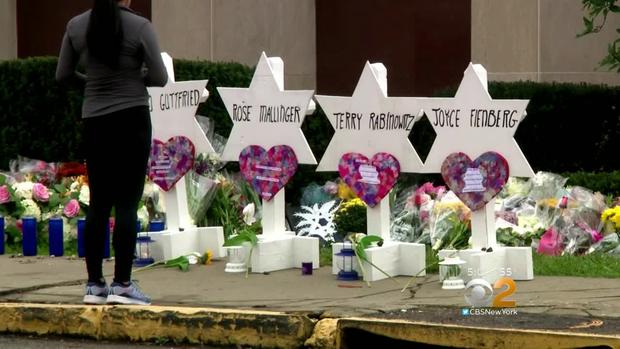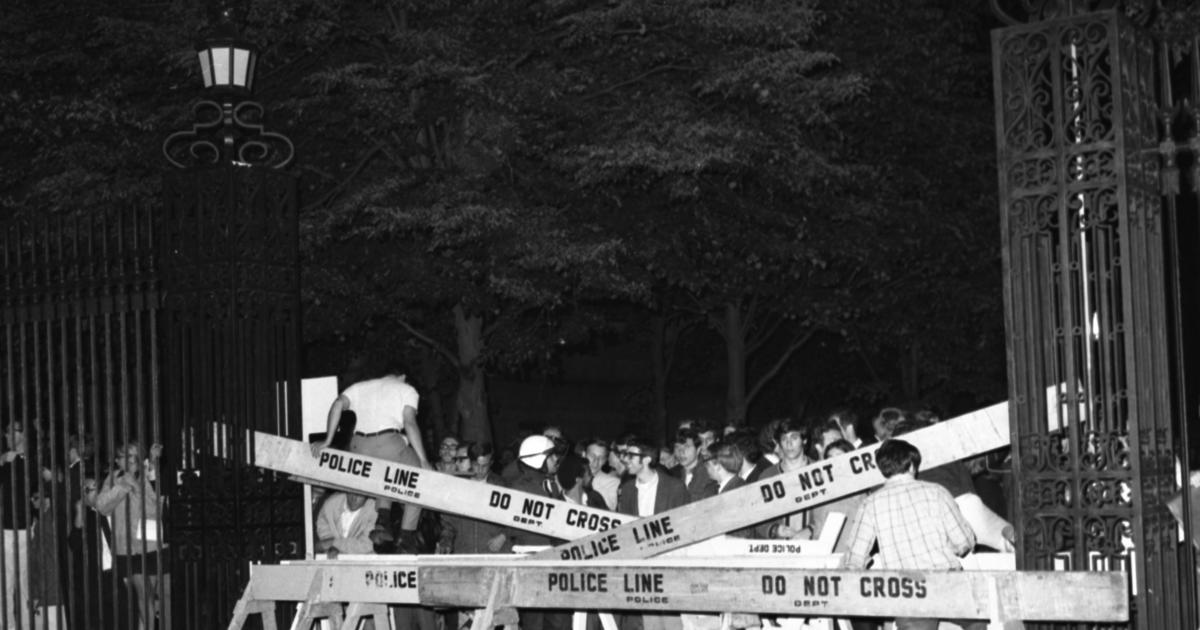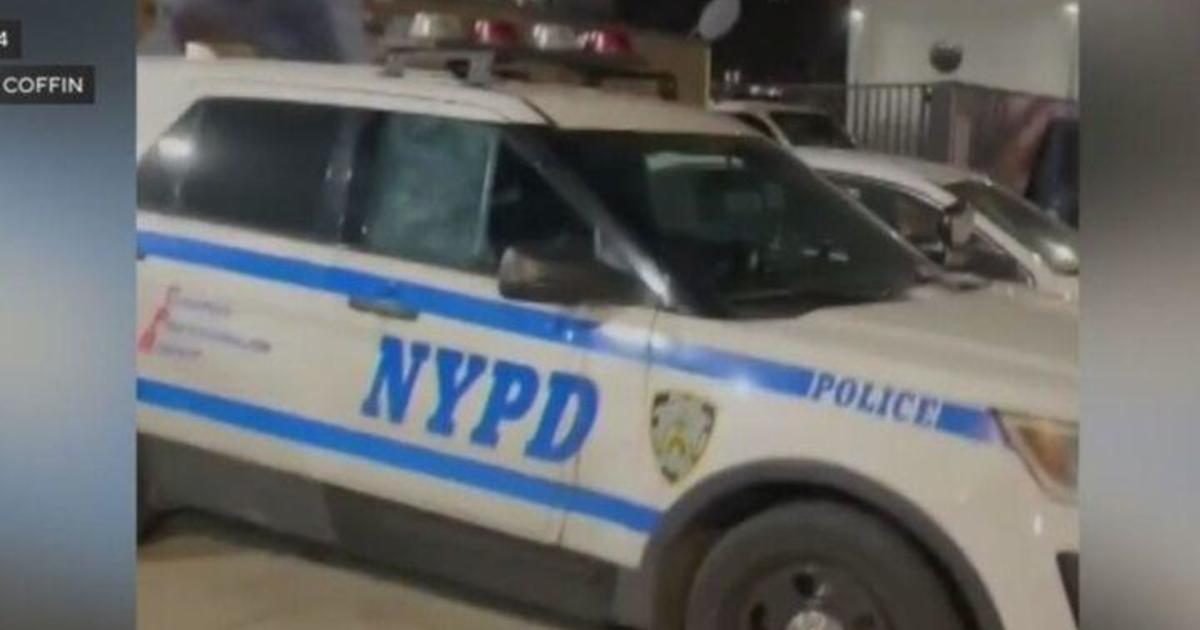How Do You Deal With The Grief After A Sudden Tragedy?
NEW YORK (CBSNewYork) – How does one even begin to deal with such a sudden, tragic loss?
The Pittsburgh synagogue massacre has shocked the nation and devastated the victims' families. The grieving process can be a long one, but psychiatrist M. Katherine Shear says there are several things people need to do to be able to move forward in their lives after a loss like this.
"Understand grief and accept it," Dr. Shear told CBS2's Elise Finch.
"Tell the story of what happened, tell the story of how the person died... People need to tell it to themselves and to other people over and over so it can sink in… The last thing is to think about how they can move forward without that person."
MORE: New Yorkers, Nation Mourn Victims Of Pittsburgh Synagogue Massacre
Dr. Shear is a professor of psychiatry at Columbia University.
She says if people don't go through that process, they might get stuck imagining the what-if's of the situation.
In this case, what if my loved one didn't attend synagogue that day?
Shear adds that avoiding reminders of their loved one and a crippling fear about not grieving enough can be signs of complicated grief or prolonged grief disorder.
That's what Stephanie Muldberg endured 15 years ago after her son Eric died. The 13-year-old battled cancer for more than a year before he lost his life.
"I was avoiding everything… I couldn't go back to temple, where the funeral was. I wasn't answering the telephone, I was just stuck," Muldberg said.
Muldberg's friend lost two brothers in the deadly synagogue shootings, Cecil and David Rosenthal. She says she plans to use what she's learned about prolonged grief to help the Rosenthals.
"Grief never ends, we just need to learn how to integrate it into our lives so that we can have a life of joy and satisfaction," the mother adds.
Experts say finding a way to be helpful is the best thing you can do when someone you know experiences a tragic loss of a loved one.
When the healing process doesn't naturally progress, seeing a professional is recommended.




